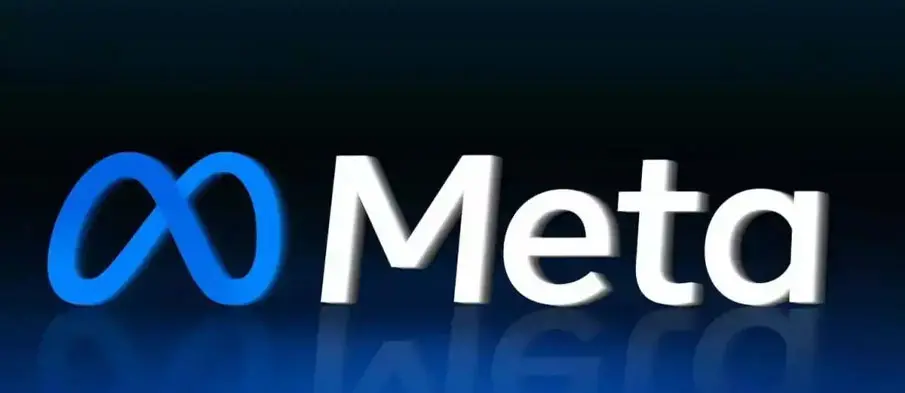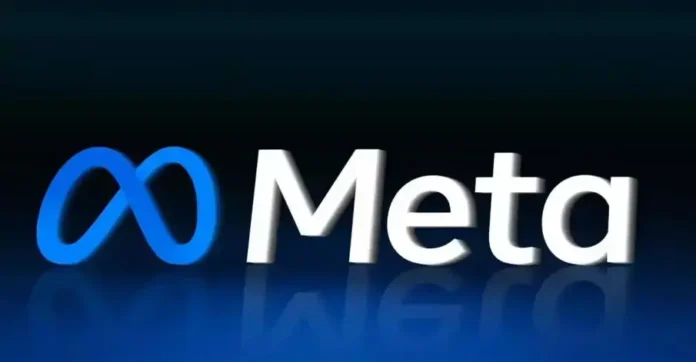
In a significant development for digital regulation in Europe, an adviser to the European Union’s top court has supported Italy’s stance in a legal dispute with Meta Platforms, stating that national laws requiring platforms to compensate news publishers are valid—provided they respect contractual freedom.
The opinion, issued by Advocate General Maciej Szpunar of the Court of Justice of the European Union (CJEU), comes amid a broader EU push to rebalance the relationship between large tech companies and the media sector.
At the heart of the case is a challenge by Meta, the parent company of Facebook, against a fee imposed by Italy’s communications authority AGCOM. The charge applies to the use of news snippets from publishers’ content on Meta platforms.
Meta has argued that Italy’s approach could conflict with the EU’s copyright directive, which already grants rights to news publishers. However, Szpunar said the directive allows for additional national measures—as long as they support the directive’s goal of strengthening the press and don’t override basic freedom of contract.
“Their purpose is to establish the conditions under which those publications are actually used, while allowing publishers to receive a fair share of the revenues derived by platforms from that use,” Szpunar wrote.
He added that these rules serve a wider public good:
“The limitations introduced pursue a public interest recognised by the EU legislature: strengthening the economic viability of the press, a key pillar of democracy.”
Szpunar clarified that AGCOM’s role—such as defining benchmarks for remuneration and resolving disputes—is lawful if it aids negotiations without undermining the parties’ ability to set terms independently.
Meta responded to the opinion by underscoring the need for uniformity across the EU, stating:
“This case highlights the need for consistent legislation, as fragmentation stifles innovation and creates uncertainty.”
The CJEU’s final ruling is expected in the coming months and, if it aligns with the advocate general’s opinion—as is typically the case—it could bolster national efforts to secure fair compensation for media content used online, while preserving platform autonomy in negotiations.





